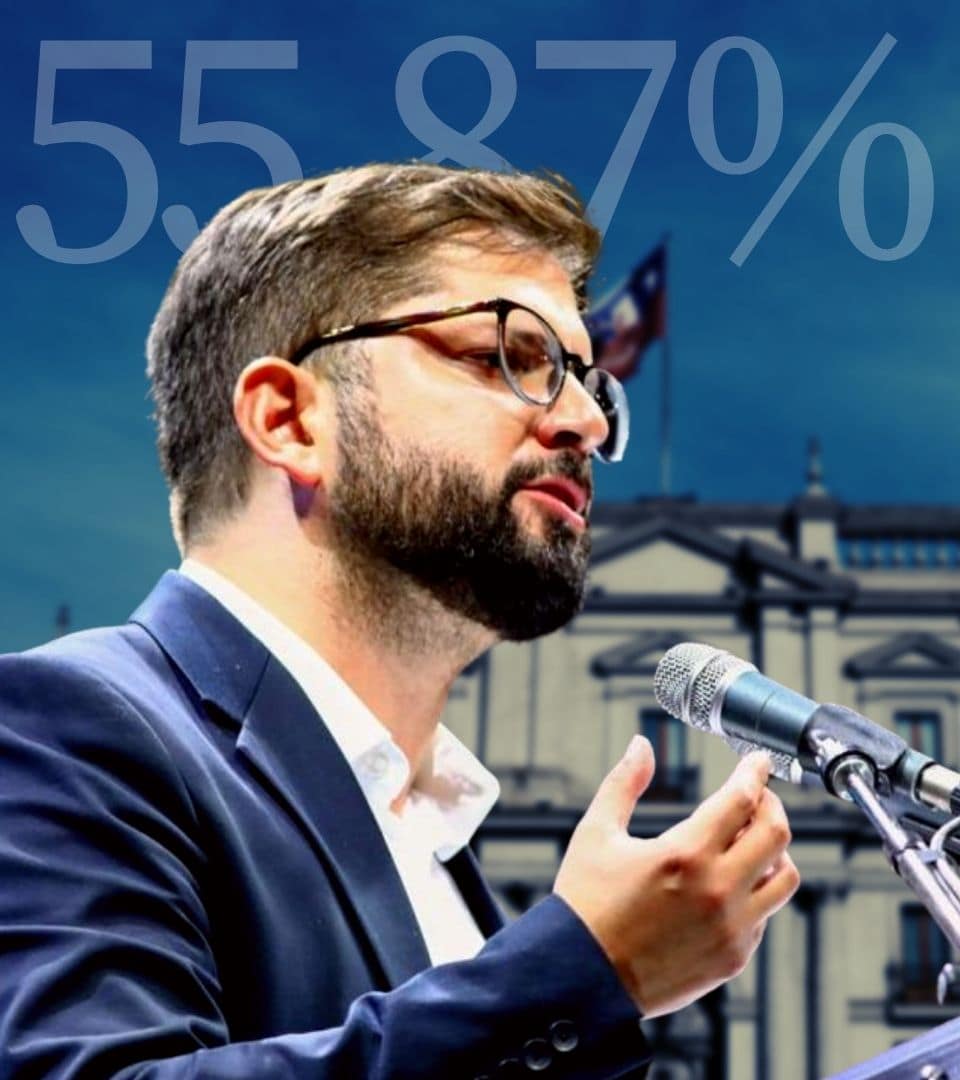The country’s current reality is sometimes not only hurtful, but also shocking. According to the Casen 2020 Survey, TECHO-Chile, and Fundación Vivienda’s 2020-2021 Encampment Registry, the housing deficit in our country today is in excess of 500 thousand dwellings. If the pace of current solutions continues as it is now, this problem will not be solved for another 20 to 30 years. And this crushing calculation is precisely what should imbue the public debate with a sense of urgency.
The tipping point. This estimate led to a significant turning point for TECHO-Chile as it confirmed that the encampments are only a symptom of a deeper disease, which is people’s increasingly difficult access to housing, which is especially so for the most vulnerable populations. As a result, the team has called upon a variety of stakeholders to think “outside the box” to reverse the trend and move towards a solution. Throughout its history, the organization has implemented innovative strategies, but this 2021, with the current numbers in hand, the proposal had to be something different that would mobilize a broad group of actors to work collaboratively and respond to what they have termed a National Emergency. Given this context, Déficit Cero (Zero Deficit) is a multi-stakeholder initiative whose objective is to ensure decent housing for all families who need it by 2030.
How are they doing it? To channel all the necessary information to all the key players in this initiative, TECHO-Chile has created the www.deficitcero.cl platform with the aim of co-creating the basis for a new urban and housing policy.
- The platform encompasses a group of organizations whose urban proposals are long-term, which means they reach beyond current governments and electoral promises. The platform’s aim is to promote collaborative ideas and actions in service of the common goal of addressing the housing emergency in Chile.
- For Sebastián Bowen, Executive Director of TECHO-Chile, “Zero Deficit is a goal, a proposal and a platform. A goal that before the end of this decade all families in Chile will be able to have access to decent and adequate housing. It is also a proposal, because we must build the road to Zero Deficit, and on that road face each of the challenges that will be put before us, in terms of land, financing, participation and management, among others. And a platform because the only way to achieve Zero Deficit is by working in a collaborative, participatory and open way.”
The strategies. The initiative has four main strategies:
- Proposals for a new housing policy. Key challenges to achieving Zero Deficit have been identified, and they range from access to land to decentralization and innovation. For each of these challenges, issue-centered committees of diverse stakeholders have been formed to draw up proposals for a new housing policy
- Local strategic plans. The housing deficit is across different parts of the country, each with its own particular needs and opportunities, so the aim is to support local authorities in developing their strategic plans.
- Iconic housing solutions. Family diversity is taken into account with housing solutions being proposed accordingly.
- Citizen participation plan. A citizen participation plan is being developed so that different participants can dialogue openly. There is also work to strengthen a Network of Zero Deficit Leaders, to bring together and coordinate representatives from housing committees and encampment groups keeping a family centric view in mind for all initiatives.
An Epic Story. Perhaps the platform’s greatest strength is its diverse membership including social, academic, private and public actors, NGOs and housing committees that are seeking to work collaboratively to bridge the intersection of crisis and opportunity. The initiative seeks to convey a shared and epic story of not just trying for the possible but rather MAKING IT POSSIBLE.
- So far, Déficit Cero enjoys the involvement of UN Habitat, the National Urban Development Council, the Infrastructure Policy Council, the Chilean Chamber of Construction, the School of Architecture and Urban Planning of the University of Chile, the Center for Sustainable Urban Development and the School of Architecture of the Catholic University, Biobío University, Sodimac, the Social Urbanism Foundation, Citizen Peace, Hogar de Cristo, Luchadores de Lo Hermida, the Alcanzable Foundation, Nuestra Casa, the Community of Solidarity Organizations, Casa Abierta, Innova Recoleta, Ciudad Emergente, Junto al Barrio, Fundación Quiero Mi Casa, among others.
- TECHO-Chile’s ability to involve heavyweight players like the Chilean Chamber of Construction (CChC) has been key for working on joint Zero Deficit initiatives. Local authorities, such as municipalities and governors’ offices, are also expected to be involved in the future. “Because we believe that it is possible to move forward at an accelerated pace to provide decent housing to all those who need it. This is what drives us and what we are working for. For the families that today live in encampments or share space in others’ homes because they have nowhere else to go. And because we are convinced that civil society, the private sector and the public sector can and must join forces to provide new and better answers. The challenge is very big indeed, but together we can build a better country for everyone,” affirms Antonio Errázuriz, president of the CChC.
We all can. Zero Deficit is an open invitation to join, support or offer proposals for the effort to achieve the goal of decent housing for all by 2030. https://deficitcero.cl/como-participar/


